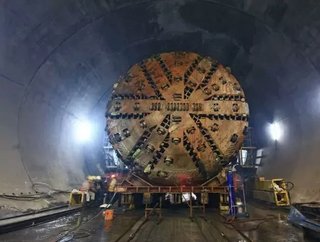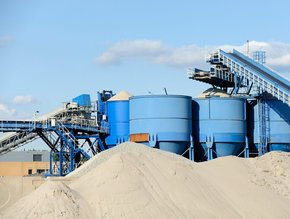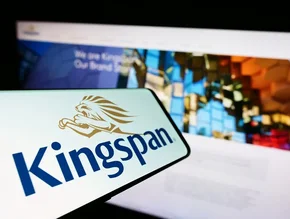Boring machines called in for $3.3bn Virginia infrastructure project

The Virginia Department of Transportation (VDOT) has called in bored-tunnel construction machines to deliver the next phase of its $3.3bn Hampton Roads Bridge-Tunnel (HRBT) Expansion project.
This week both competing teams-Hampton Roads Capacity Constructors and Hampton Roads Connector Partners notified VDOT they selected the bored-tunnel method as the basis for their bid proposals, which will be submitted in late 2018.
“The selection of a bored tunnel means Hampton Roads will see some of the world’s most sophisticated tunnel technology at work. Once complete, this new crossing will greatly improve accessibility, transit, emergency evacuation, and military and goods movement along the I-64 corridor,” said VDOT Commissioner Stephen Brich.
Although the immersed-tube method was used to construct all ten of Hampton Roads’ existing crossings – from the original Downtown Tunnel in 1952 to the new Midtown Tunnel in 2016 – recent technology advances have now made bored tunnels feasible in the region’s soft soils.
The Parallel Thimble Shoal Tunnel, currently under construction at the Chesapeake Bay Bridge-Tunnel, is also being built as a bored tunnel for the Chesapeake Bay Bridge-Tunnel Commission.
This technology involves a massive tunnel-boring machine, or TBM, with a rotating cutting head that excavates soil along the tunnel’s path.
SEE ALSO:
-
Boring Company to build futuristic transit system at Chicago O'Hare International Airport
-
Atlantic Gateway Project worth $165 million to provide relief for commuters in Virginia
Advantages of this construction method include significantly less environmental impact to marine wildlife than with the immersed-tube approach, which would have required dredging a deep, mile-long trench across the Hampton Roads waterway.
In addition, because the tunnel-boring machine excavates from beneath the riverbed, this technology greatly reduces disruption to commercial and military shipping in one of the nation’s most important navigation channels.
The project represents VDOT’s first bored tunnel. In addition to HRBT and the Thimble Shoal project, other bored roadway tunnels in the United States include the Port of Miami Tunnel and the Alaskan Way Viaduct Replacement in Seattle, Washington.
The HRBT Expansion project will build a new bridge-tunnel adjacent to the existing HRBT and widen the four-lane segments of I-64 in Hampton and Norfolk to ease daily congestion between the Peninsula and South Hampton Roads.
The project cost is estimated between $3.3 and $3.8 billion, with contract award expected in early 2019. The majority of project funding will be provided by the Hampton Roads Transportation Accountability Commission, with federal support and other public resources anticipated.
- China State Construction: The Globe’s Largest ContractorProject Management
- Top 10 sustainable construction startupsConstruction Projects
- East Penn powers an industrial closed loop circular-economyTechnology & AI
- The state of waste management in the construction industryConstruction Projects






